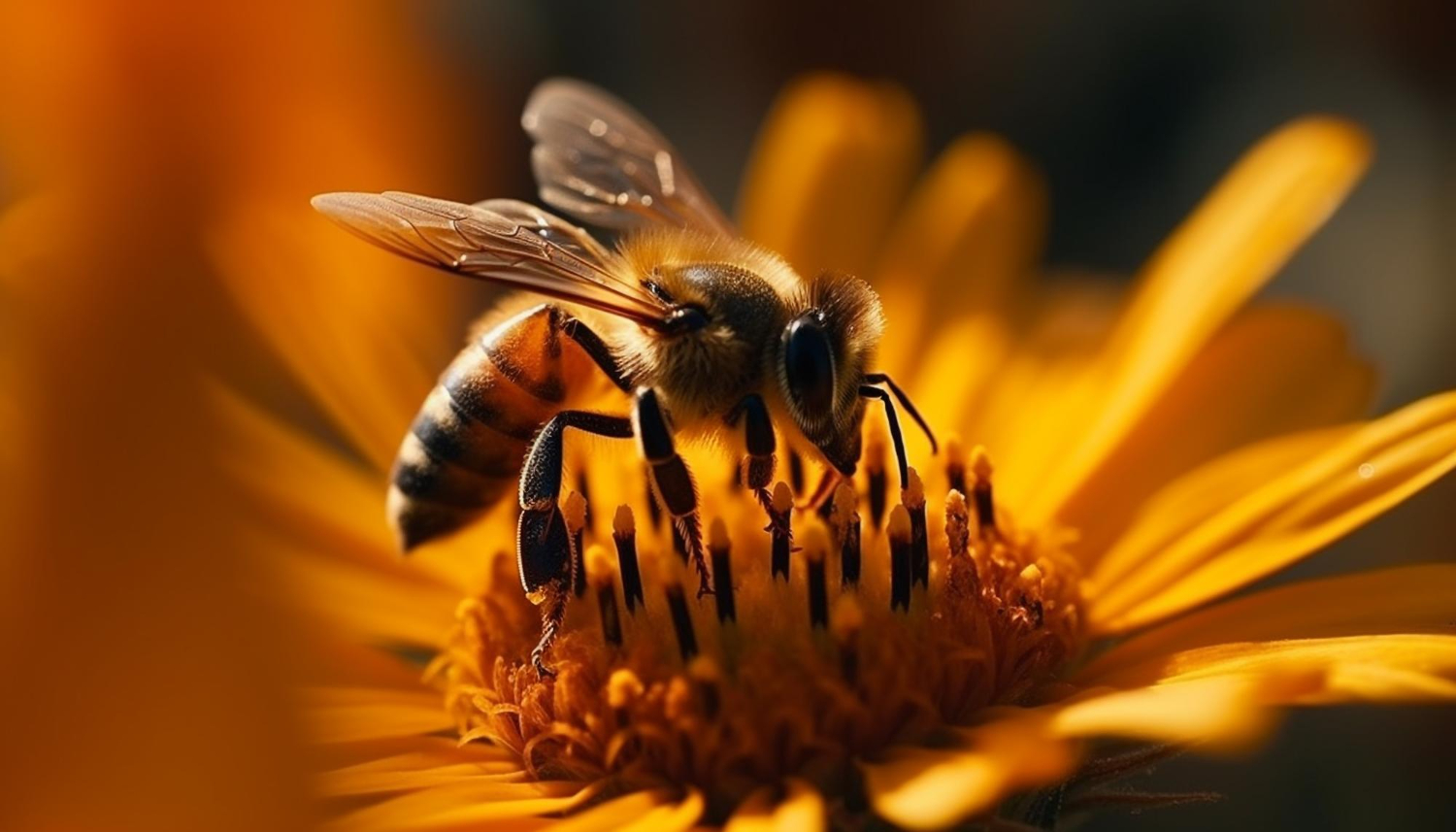Bees Bees: News for New Bee Farmers!
Blueberries are a fast-growing production sector in South Africa and development is blooming.
Pollination is an essential component of growing blueberries. To attain high levels of fruit set with large evenly-ripening berries requires bees to deposit enough pollen on stigmas during bloom. This can be done by honey bees, other managed bees, and wild bees. (This includes bumble bees but are not present in South Africa.)
As more blueberry farms came into production they have to have honey bee pollination services that boost production by at least 25% and fruit size by a grade. The number of beekeeping hives needed to service pollination business for blueberries is 2 400 HA multiplied by at least one bee hive per hectare under netting. Better results come from two bee hives per hectare land with varieties that can grow from May through to January in a year, there’s about 8 months of pollination income potential.

To provide beekeeping pollination to a blueberry farmer it takes roughly 2.5x times the hectares under netting in pollination-ready bee hives to service the area. You also get very little honey remember which is why you have to rotate the pollinating bee hives off-site and replace them with strong built-up colonies during the entire period. And, the farmer cannot use pesticides as they will harm the bees.
Avocados are the biggest beneficiaries of honey bee pollination when it comes to increasing yield!
Research, both in South Africa and Australia, has shown that pollination of four (4) hives per hectare can boost production by up to 300% on an individual avocado tree! This means that the average yield is about 50Kg per tree. However, when including honey bee pollination services this may increase up to 150Kg per tree! Bear in mind, pollination and honey production are usually mutually exclusive.
Get Paid for you Bees Hives in an Orchard
Farmers pay beekeepers when they provide pollination services. Negotiation on the price per hive is variable from crop to crop and each situation is subjective. However, it is a lucrative opportunity to provide pollination services. And you, as a beekeeper, contribute to the increase in food security while lowering the use of commercial pesticides in the practice. JS

